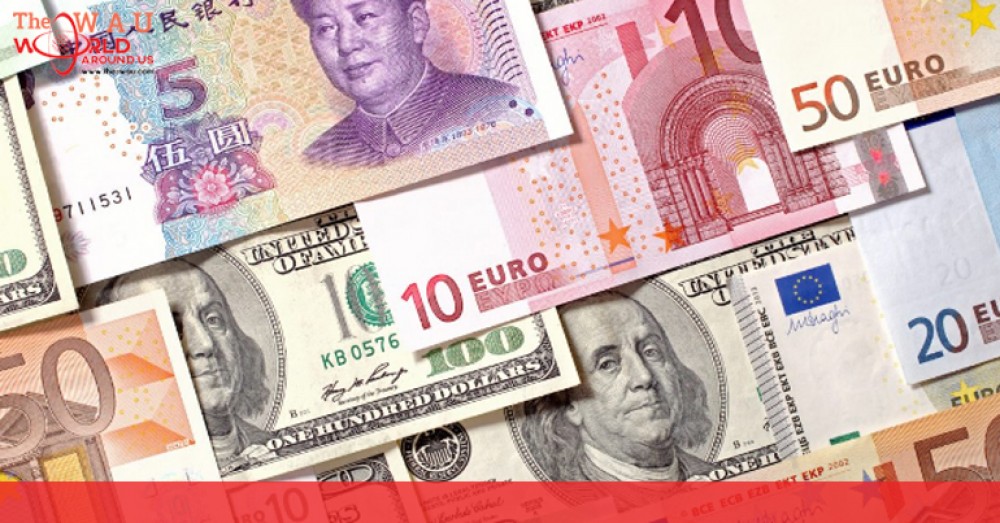Thanks to globalization, seeing the world is more accessible than ever, and looking for careers elsewhere has become an increasingly common route for intrepid job seekers. However, if you're thinking of doing the same, you might want to take your time choosing an appropriate destination as these 10 countries could get the better of even the most prudent of expats.
While not necessarily rich in job opportunities, the cost of living in these 10 nations is incredibly high, so with that in mind, OMG Lane has profiled 10 of the most expensive countries for expats.
10. Canada
Often thought of as a socially liberal and morally upstanding place, Canada's high cost of living makes it 18% more costly to reside in than its famous neighbor, America. This is because of their real estate market. Like what is going on in London and New York, Canada's booming house prices has made property unaffordable for most. Worst of all, the problem is ubiquitous in Canada, and not just an issue in one or two cities.
To put things into perspective, the average house price in Toronto, Canada's most populated city, is $710,000. In New York, it is $586,400. In other words, unless you're a wealthy expat, you can forget about moving here.
9. Luxembourg
Luxembourg may not be the on the radar of many expats, but those who call it home often complain about the cost of groceries. Housing isn't cheap either in this tiny principality, though living away from the aptly named capital is much less expensive.
The cost of private education is also high, mainly due to the residents and expats residing there being of a wealthy disposition.
8. Finland
Finland's high cost of living is geographically dependent on how close you are to the capital. In fact, Helsinki is one of the world’s most expensive cities, with most of its food being imported causing the price of groceries to be highly valuable.
Alcohol is also heavily taxed, meaning those used to going out every weekend may want to take up other activities instead. However, as is the case with many Scandinavians, quality over quantity is much preferred, meaning everything you buy there is likely to be of the highest quality.
7. Japan
For all its beauty and eccentricities, Japan isn't cheap, and that has much to do with its aging population and overall size of the country, with over 127 million people living on an island smaller than California. As such, demand almost always outstrips supply, leaving many expats struggling to find accommodation that isn't bank-breaking.
Like with Finland, there is also a cultural acceptance of higher prices and nowhere is that more apparent than in Tokyo, where the average price for a loaf of bread is $9.06.
6. Sweden
The second Scandinavian country to feature is Sweden, a place known for all things beautiful. Still, expats may see beyond the lines once they realise that beneath the country's captivating exterior is an interior where nothing comes cheap.
Housing is one of the primary expenses, with most putting aside at least 30% of their disposable income for rent or mortgage payments. Clothing is another, with Swedes, perhaps due to the cold conditions, preferring quality over cheaper high street garments while alcohol is sold by a government-run monopoly, meaning you won't find it rare for a pint of your favorite drink to be in the $13 region.
5. Denmark
Denmark isn't cheap, (Noma, a restaurant that regularly tops the world's best restaurants list, is located in Copenhagen) and though it's regularly voted the happiest place on Earth, it's high tax rates probably aren't behind why. Typically, 41 percent of a commodity's sale will go straight to the Danish government through sales tax and corporate tax.
Thus, businesses are more inclined to raise the prices of their goods to cover employee wages and other expenses. Admittedly, the benefits for those out of work are high, but expats who are looking for jobs must be prepared to experience a significant decrease in their standard of living (or be very wealthy) if they are to fully appreciate the Danish way of life.
...[ Continue to next page ]
Share This Post















